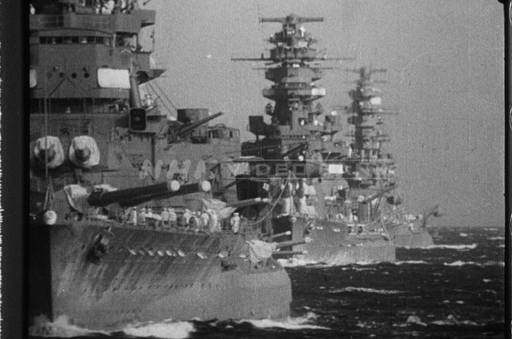

Why were the Japanese soldiers dangerous and cruel in WW2? Japanese soldiers during World War II were dangerous and cruel, and it’s not fair to generalize an entire group of people based on the actions of some individuals. However, there were instances of brutality and cruelty by Japanese forces during the war, and several factors contributed to this behavior:
Militaristic Culture:
Japan had a deeply entrenched militaristic culture during the early 20th century, characterized by extreme discipline and loyalty to the emperor. This culture sometimes fostered a sense of superiority and dehumanization of perceived enemies.
Propaganda:
Japanese soldiers were often exposed to propaganda that dehumanized their enemies, particularly the Chinese and other Asian populations. This could contribute to a lack of empathy and restraint in their actions.
Harsh Training:
Japanese soldiers underwent rigorous training that emphasized obedience and endurance. This could sometimes result in a dehumanizing effect on individuals, making them more susceptible to carrying out cruel orders without question.
War Crimes:
There were documented cases of Japanese soldiers committing war crimes, such as the Rape of Nanking in 1937-1938, where they engaged in mass killings, rapes, and looting. These actions stained the reputation of Japanese forces during the war.
Command Structure:
Some Japanese military units operated under ruthless commanders who encouraged or condoned extreme behavior, which could contribute to cruelty among their subordinates.
Desperation and Brutality of War:
The brutality of World War II in general, with its high stakes and immense suffering, could lead to extreme behavior by soldiers of all nations.
It’s crucial to remember that not all Japanese soldiers were cruel or participated in such actions, and many were conscripted or coerced into military service. Additionally, Japan has since expressed remorse for its actions during World War II, and post-war Japan has taken steps to reconcile with its neighbors and promote peace and cooperation in the region.




